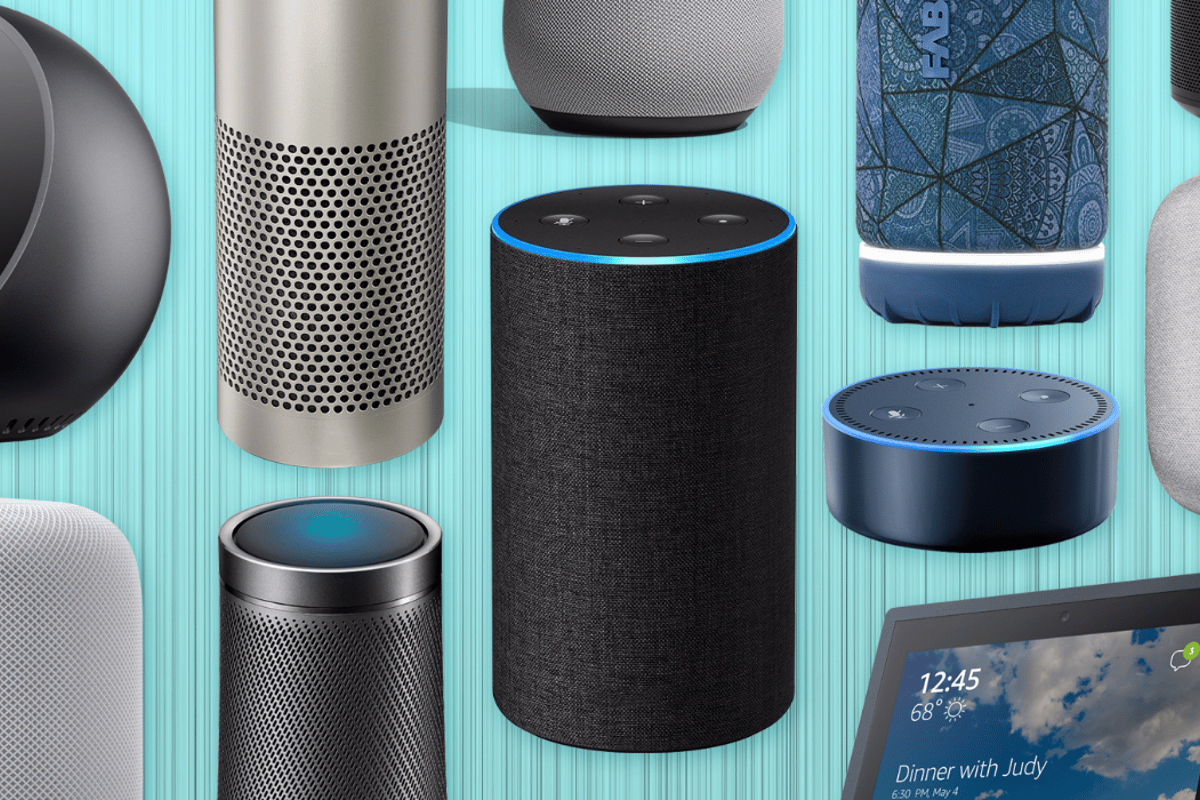Report: Australia has 7th highest smart speaker penetration

A new global report ranks Australia as having the 7th highest market penetration of smart speaker in the world.
The study by business information provider IHS Markit put Australia’s market spike at 10.7%.
India led with 20.9%, followed by the US at 20.7%, and then Canada at 12.2%, Germany at 12.7% and the UK at 18.3%.
Just behind Australia were Brazil (5.7%) and Japan (5.6%).
The IHS Markit Smart Speaker Adoption and Usage report was based on an online survey of 19,286 Internet users in the nine countries between October 31, 2018, and November 30, 2018.
The Indian analysis utilised English speaking consumers only.
More than 13% of internet users had access to a smart speaker in their households.
27% cited “integration with services and devices” as the most important feature.
It was followed at 25% with “questions and answers” and “sound quality” at 24%.
Those with smart speakers powered by Google Assistant or Amazon Alexa were more likely to rate integration as the most important feature, because they have music streaming and audiobooks.
“Sound quality is often just as important as integration to consumers—if not more important, in some cases—particularly among those with access to speakers from Bose, JBL Link, Panasonic, Sony and other traditional audio brands,” said Fateha Begum, associate director, IHS Markit.
“Smart speaker households in India and Brazil were more likely to select sound quality as the most important factor.
“Among Amazon Echo and Google Home owners, the ability to answer questions was most frequently cited as the most important feature, highlighting the quality of their proprietary digital assistants.”
Versa’s The Voice Report from December 2018 indicated that 1.35 million Australians have a smart speaker with a voice-activated assistant.
That represented a 200% growth in just four months, fuelled by Gen Z, Millennials, younger families, and city dwellers.
So far the most popular items have been “low involvement” purchases like movie tickets and food delivery.
But 34% reckoned they would acquire a device through 2019, and use them for more involved retail purchases as clothing, technology, accommodation and cars






























